Dealing with Plumbing Leaks in Rental Properties
Plumbing leaks can cause significant damage and expenses for rental property owners. Learn essential strategies for preventing, detecting, and responding to leaks and navigating insurance, liability, and tenant education to keep your rental units in top shape and avoid costly repairs.
Plumbing leaks can be a nightmare for landlords and property managers. If left unchecked, they can cause extensive water damage, mould growth, and skyrocketing utility bills . Addressing plumbing leaks promptly and effectively is crucial in rental properties to protect your investment and ensure tenant satisfaction.
This comprehensive guide will walk you through the essential steps for dealing with plumbing leaks in your rental property, from preventive maintenance to swift action in emergencies, including roof leaks, serious water service leaks or burst pipes , and even natural disasters like storms or flooding.
So, let’s protect your property and start learning how to deal with plumbing leaks in rental properties .
Common Types of Plumbing Leaks
Plumbing leaks come in various forms, each with its challenges. Some of the most common types of leaks found in rental properties include:
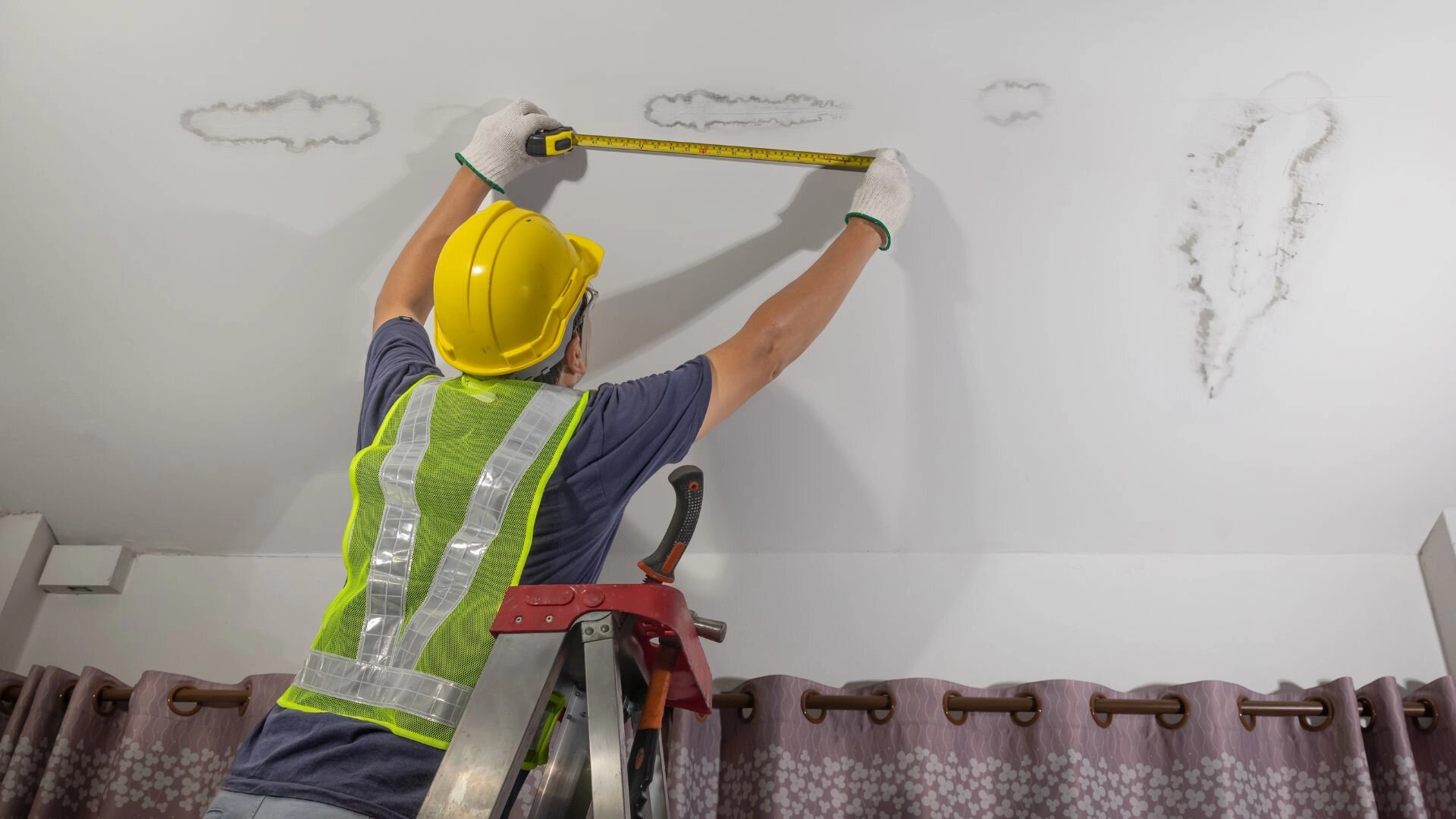
Pipe leaks
These leaks can occur due to aging water pipes, corrosion, or physical damage. Signs of a leaking pipe include water stains on walls, ceilings, or floors and a sudden drop in water pressure .
Tap leaks
Dripping faucets waste water and can lead to higher utility bills. Worn-out washers, loose connections, or damaged cartridges are common culprits behind faucet leaks .
Toilet leaks
A leaking or blocked toilet can waste litres of water per day. Signs of a toilet leak include constant running water , a wobbling toilet seat, or water pooling around the toilet’s base.
Water heater leaks
A leaking water heater can cause significant water damage if not addressed quickly. Common reasons for water heater leaks include loose connections, corroded tanks, or faulty temperature and pressure relief valves.
Burst water service lines
A severe water service leak or burst pipe can cause extensive damage to your rental property and may require urgent repairs .
Preventive Maintenance For Your Rented Property
Regular preventive maintenance minimises the risk of plumbing leaks in your rental property . By implementing a proactive approach, you can catch potential issues early, prevent costly repairs, and keep your rental property clean and well-maintained. Here’s a checklist of essential preventive maintenance tasks:
- Inspect visible pipes regularly for signs of corrosion, leaks, or damage.
- Check faucets, toilets, and other plumbing fixtures for leaks or drips, and replace worn-out components as needed.
- Test water pressure and monitor water meter readings to ensure they’re within the recommended range.
- Schedule annual professional plumbing inspections to identify and address any hidden issues.
- Encourage tenants to report any signs of plumbing problems or water leaks immediately.
By staying proactive and addressing potential plumbing issues before they escalate, you can avoid the headache and expense of dealing with major leaks, burst pipes, or serious damage down the road.
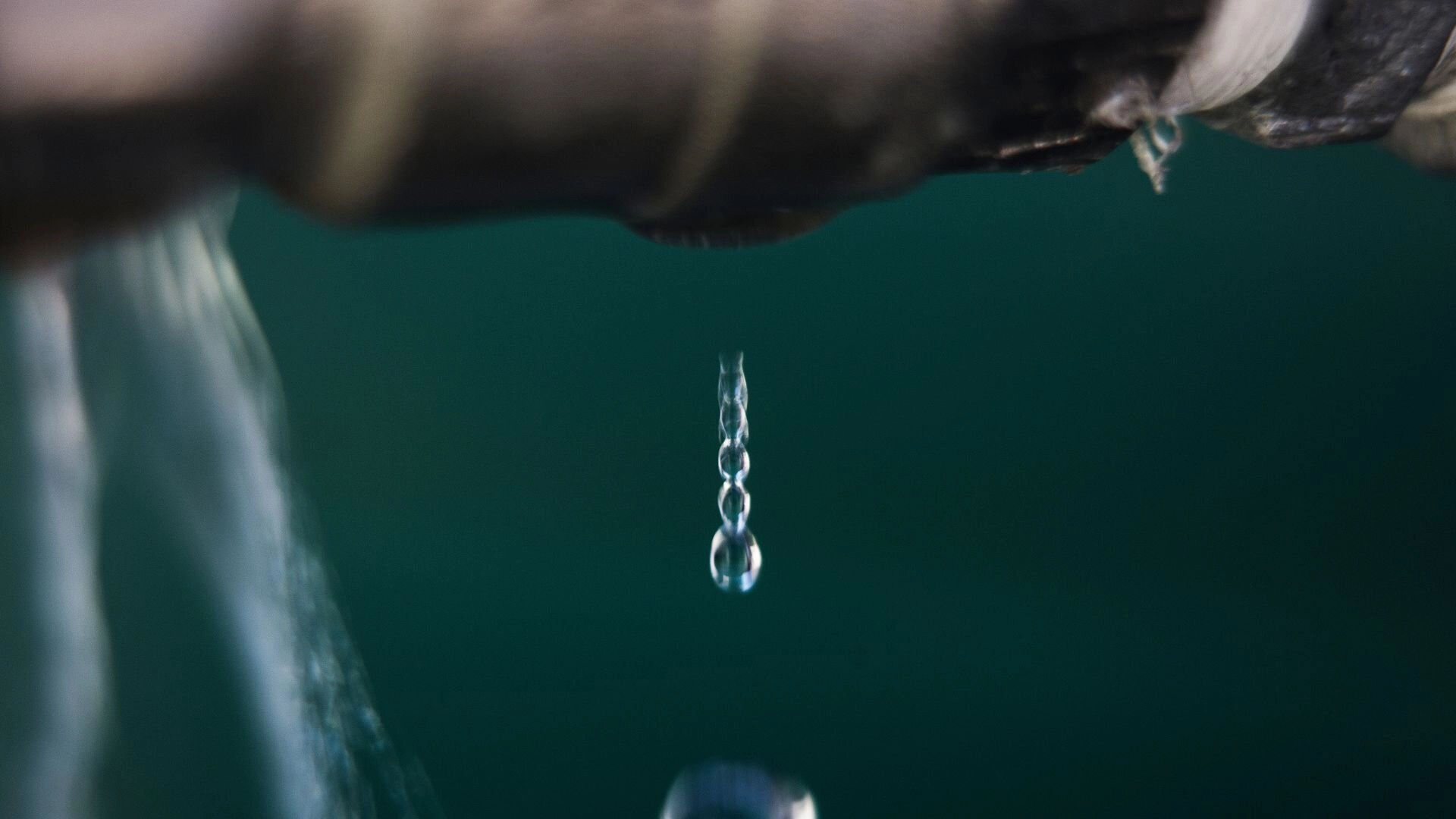
Detecting Plumbing Leaks
To effectively detect plumbing leaks, start with a visual inspection of the property, regularly checking for signs of water damage , such as stains on walls, ceilings, or floors, and pooling water around plumbing fixtures.
If you suspect a leak, monitor your water meter readings by taking an initial reading , waiting a few hours without using any water, and then take another reading. If the numbers have changed, you likely have a water leak.
Utilising moisture meters or infrared cameras can help you locate hidden leaks behind walls or under floors , and installing water leak detection systems with sensors can automatically shut off the water supply to minimise damage. Be aware of signs like low water pressure, mould growth, or musty odours, which may indicate a hidden plumbing leak .
Combining these leak detection methods lets you monitor and address plumbing issues in your rental property before they cause significant damage.
It’s important to note that while the landlord is responsible for maintaining the property and preventing water damage, tenants also have a role in promptly reporting any signs of leaks or water damage, as outlined in the tenant’s responsibility section of the lease agreement.
Responding to Plumbing Leaks and Emergencies
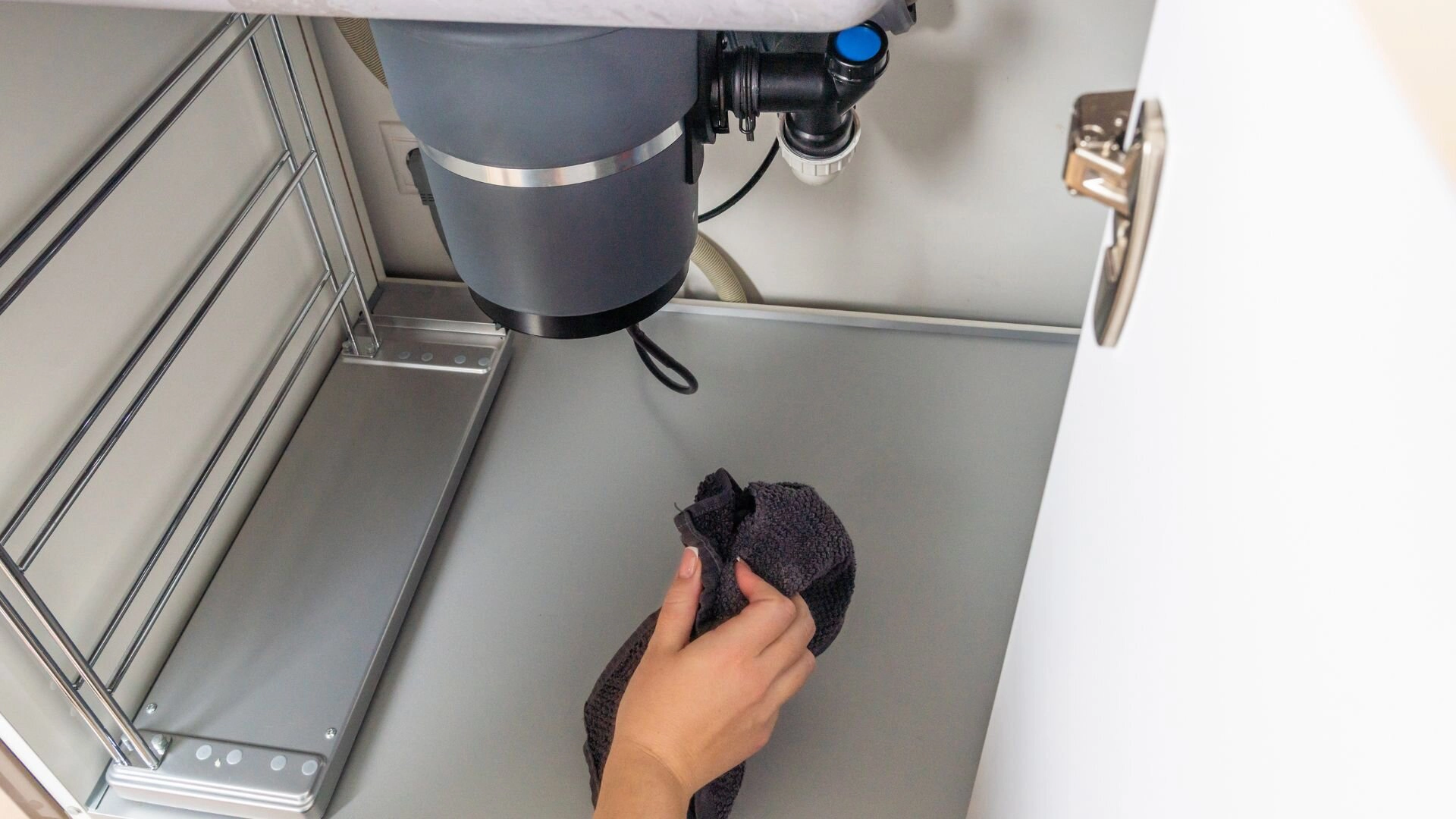
When a plumbing leak or emergency is discovered in your rental property, swift action is essential to minimise damage and protect your investment. Here are the steps you should take:
- Shut off the water supply to the affected area to prevent further water damage.
- Document the leak or damage with photos or videos for insurance purposes and to keep a record of the damage.
- Notify your tenants of the leak and the planned repair process, keeping them informed.
- Contact a licensed plumber to assess the situation and make necessary repairs.
- If the leak has caused significant damage, hire a professional restoration company to mitigate water damage and prevent mould growth.
If you experience a plumbing emergency, such as a serious water service leak, gas leak, or burst pipe, evacuate the rental unit if necessary and contact emergency services .
Clear communication with your tenants is crucial during the repair process. Be sure to provide regular updates, alternative accommodations if required, and guidance on their responsibilities as tenants, such as reporting leaks promptly and preventing further damage to their personal belongings or the rental property.
Insurance, Liability, and Costs
Plumbing leaks can cause significant damage to your rental property, making insurance coverage a critical consideration for landlords and property owners. Your landlord insurance policy should cover sudden and accidental water damage caused by plumbing leaks, but it’s essential to review your policy carefully to understand any exclusions or limitations.
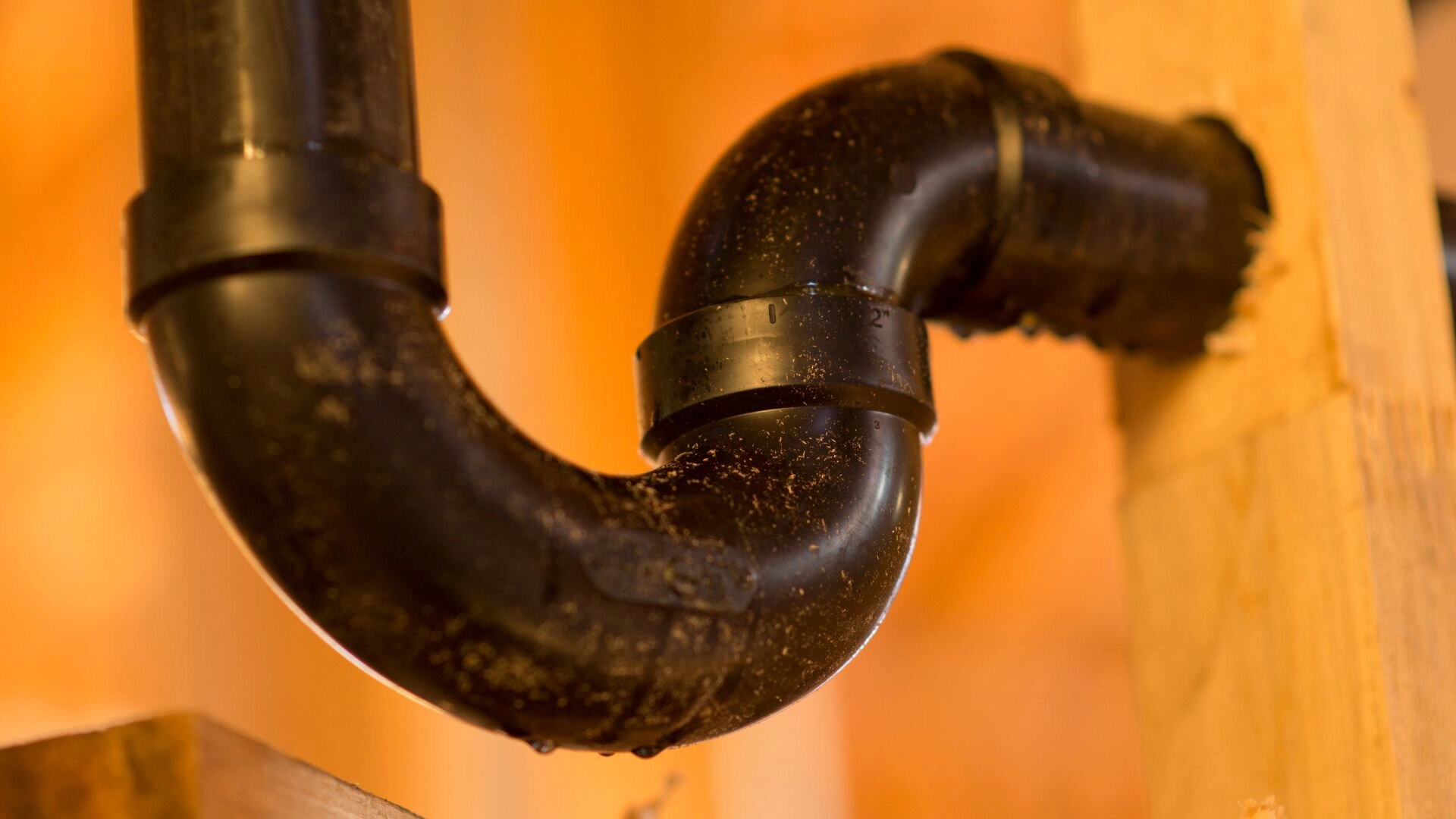
Landlord liability insurance can protect you if a tenant or visitor is injured due to a plumbing leak on your property. To support any insurance claims or legal disputes that may arise, keep detailed records of all plumbing inspections, repairs, maintenance, and costs. Minor leaks that can be repaired quickly and inexpensively may not warrant an insurance claim, but filing a claim may be necessary if the damage is extensive or the repair costs are high.
In most cases, the landlord is responsible for repairing plumbing leaks and maintaining the rental property in a safe and habitable condition . However, if the damage is caused by tenant negligence, the tenant may be responsible for the repair costs.
Depending on the terms of your lease agreement, you can use the tenant’s security deposit to cover repairs caused by tenant negligence or damage beyond normal wear and tear. By understanding your insurance, coverage, and landlord responsibilities and properly documenting plumbing leaks and repairs, you can protect yourself and your rental property from the financial fallout of water damage.
Tenant Education and Responsibilities
Educating your tenants about their role in preventing and reporting plumbing leaks is essential in maintaining a well-functioning rental property. Here are some key points to cover in your tenant education program:
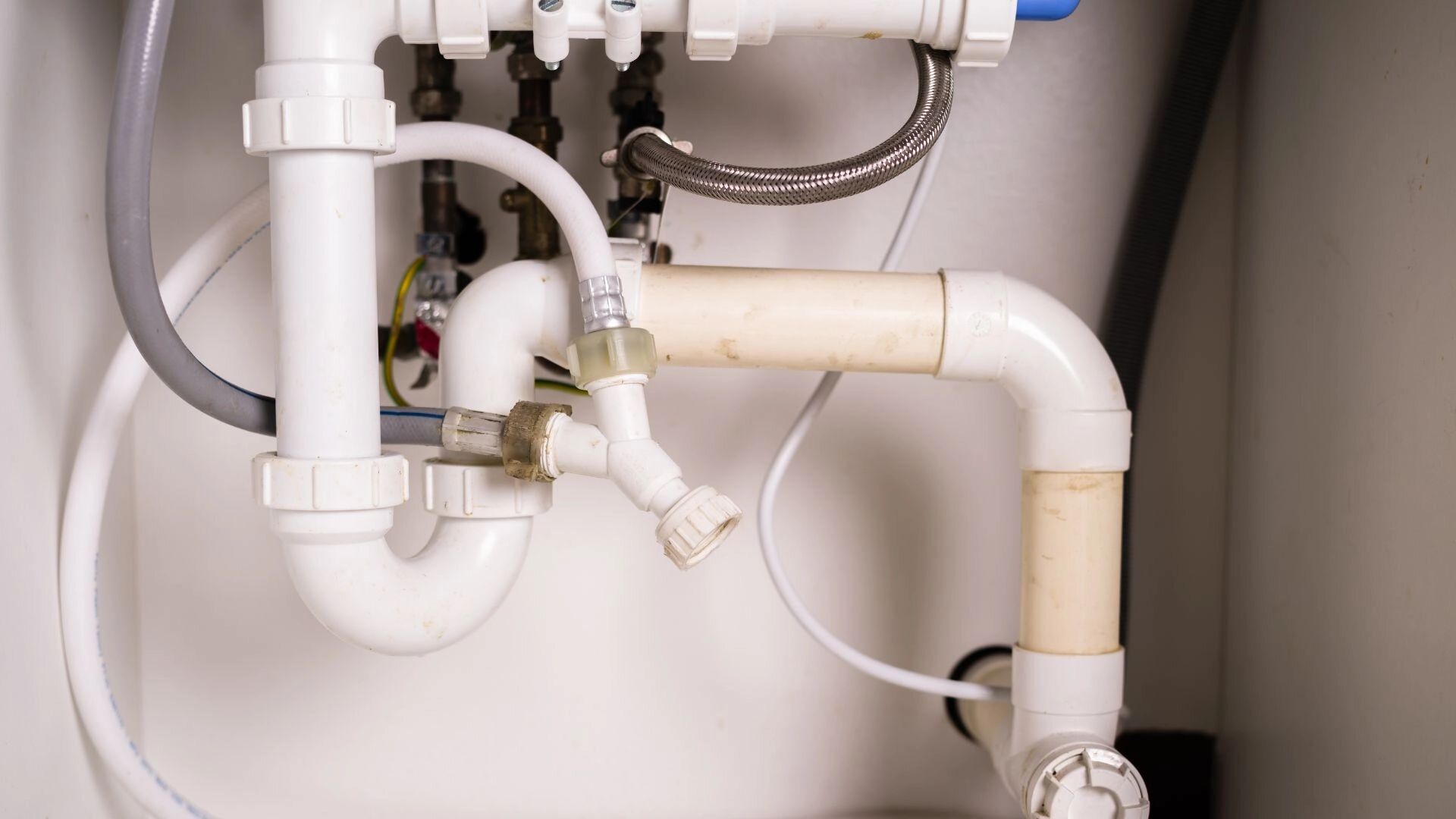
Promptly reporting leaks
Tenants should be instructed to report any signs of plumbing leaks or water damage, no matter how small, to the landlord or property manager immediately.
Proper use of plumbing fixtures
Teach tenants how to properly use and maintain plumbing fixtures to prevent leaks, clogs, and damage. This includes avoiding flushing inappropriate items, properly disposing of grease, and not overloading washing machines or dishwashers.
Consequences of negligence
Ensure tenants understand that they may be held responsible for any damage caused by their negligence or failure to report leaks promptly and may be required to pay for repairs or lose their bond.
Regular inspections
Inform tenants that you will conduct periodic inspections of the rental unit, including checking for signs of plumbing leaks, water damage, or tenant negligence.
Emergency procedures
Provide tenants with clear instructions on what to do in case of a plumbing emergency, such as a burst pipe or serious water service leak, including shutting off the water supply and contacting the landlord or emergency services immediately.
Avoiding Damage To The Property For Landlords And Tenants
Dealing with plumbing leaks in rental properties requires a proactive and strategic approach. By understanding the common types of leaks, implementing preventive maintenance, and having a plan to detect and respond to leaks and emergencies, you can minimise the impact of plumbing issues on your property and tenants.
Remember, clear communication with tenants, proper documentation, and swift action are key to successfully navigating plumbing leaks and maintaining a safe and well-functioning rental property. By following the strategies outlined in this guide and staying informed about your responsibilities as a landlord, you can protect your investment, ensure tenant satisfaction, and avoid costly repairs and legal disputes in the future.
If you need help with plumbing leaks , whether you are a landlord or tenant, . We can help you document and repair any plumbing leak or emergency issue quickly and efficiently!
Rental Property Plumbing Leaks FAQs
What should I do if a serious storm causes plumbing leaks in my rental property?
If a severe storm leads to plumbing leaks or property damage in your rental units, acting quickly to minimise water damage and ensure tenant safety is crucial. As the landlord, you are responsible for making necessary repairs and maintaining the property safely and habitable.
Contact a licensed plumber to assess the situation and make repairs as soon as possible. Document the damage with photos and keep detailed records of all repair costs for insurance purposes.
Who is responsible for paying for plumbing repairs in a rental property?
In most cases, the landlord is responsible for paying for plumbing repairs and maintenance in rental units. However, suppose the damage is caused by tenant negligence, such as flushing inappropriate items or failing to report leaks promptly. In that case, the tenant may be held responsible for a reasonable amount of the repair costs. Clearly outline your lease agreement’s landlord and tenant responsibilities to avoid disputes.
Are landlords responsible for repairing damage caused by natural disasters, such as a serious storm or a roof leak?
Generally, landlords are responsible for repairing damage to rental units caused by natural disasters, such as a serious storm or a roof leak. However, it’s essential to review your lease agreement and local laws to understand your obligations as a landlord.
In some cases, your insurance policy may cover the cost of repairs, but it’s crucial to document the damage and follow the proper procedures for filing a claim. Keep your tenants informed throughout the repair process and provide alternative accommodations if necessary to ensure their safety and well-being.
How can I prevent plumbing leaks and property damage in my rental units?
To prevent plumbing leaks and minimise the risk of property damage in your rental units, implement a regular maintenance schedule that includes inspecting pipes, fixing leaks promptly, and replacing worn-out components.
Educate your tenants on proper plumbing usage and their responsibility to report any leaks or signs of water damage immediately. Consider installing water leak detection systems or smart monitoring devices to catch leaks early and prevent extensive damage.
What should I do if my tenant reports a severe plumbing leak?
If your tenant reports a serious plumbing leak in their rental unit, take action immediately to minimise water damage and ensure tenant safety. As the landlord, it is your responsibility to address the issue promptly. Contact a licensed plumber to assess the situation and make necessary repairs.
Keep your tenants informed throughout the process and provide them with alternative accommodations if needed. Document the damage and repair process, and file an insurance claim if the damage is extensive or the repair costs exceed a reasonable amount. Remember, maintaining a safe and habitable living space for your tenants is vital to your landlord’s responsibility.